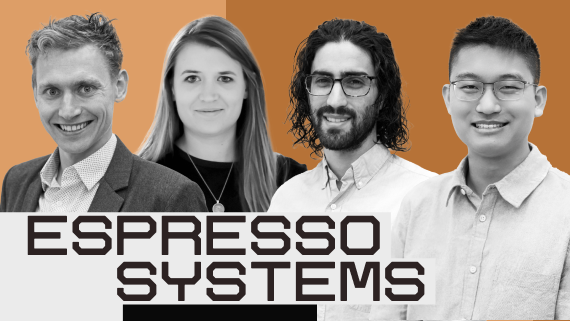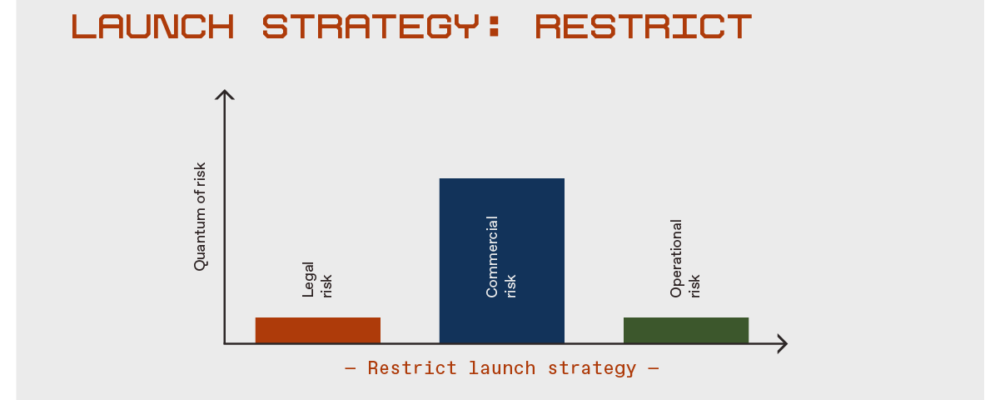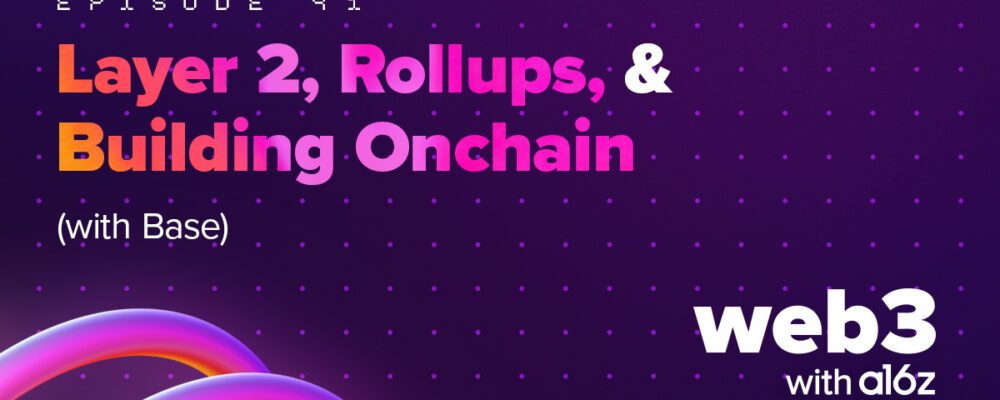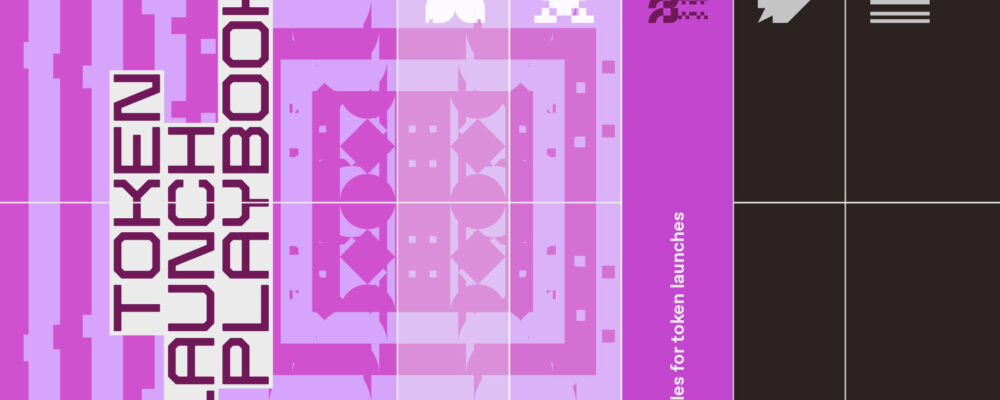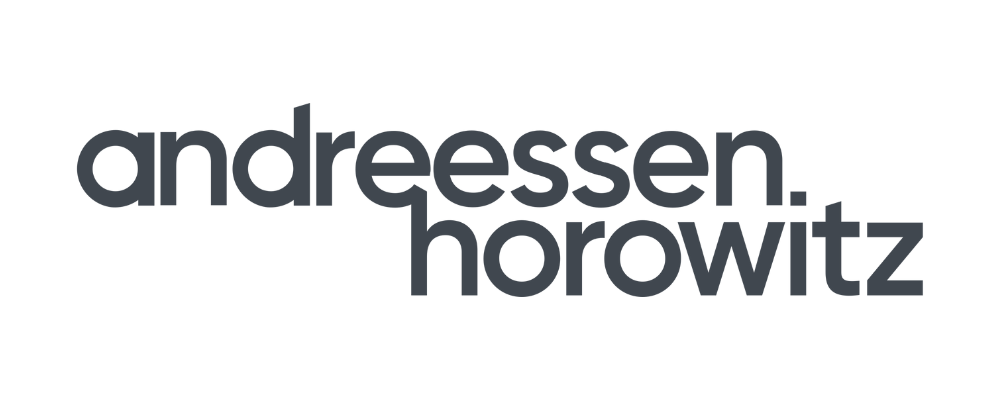Ethereum’s scalability end-game is all about rollups—potentially thousands or even millions of rollups, each one a mini-ecosystem or an application that is built on top of Ethereum’s bedrock of security. The ideas behind how this can work were first laid out by Vitalik a few years back in his now-famous rollup-centric roadmap post. Since then, other ecosystem players like zkSync, Optimism, and Polygon have extended that vision with roadmaps for Hyperchains, the Superchain, and Polygon’s AggLayer. For the first time, there is an illuminated path that Ethereum can follow to reach a scale that supports millions of applications and billions of users.
This plan, however, is not without its limitations. The biggest disadvantage of a rollup-centric future is the fragmentation of the Ethereum ecosystem. Today, on the Ethereum main chain, every application (i.e. smart contract) can seamlessly interact with every other application. In a world of millions of rollups, composability with applications will become harder. This is because each individual rollup is its own separate blockchain. They all share Ethereum’s security, but computation proceeds independently on each one. Each rollup is driven by what’s known as a “sequencer,” which today is a centralized party that performs all of the computation for a rollup on a server.
Today, if an app on one rollup wants to interact with an app on another, it has to either go through the main Ethereum chain or a bridge. Both approaches are much slower and make it harder for developers to synchronize state across rollups (they are asynchronous solutions). In a better world, sequencers of different rollups would have a mechanism to cooperate with each other, giving developers and end-users a smoother, faster, and cheaper interoperability experience.
The Espresso Team
Before I tell you about Espresso Systems, I need to tell you about the people behind it. I have known Ben Fisch and Benedikt Bünz since before I joined a16z. It was early 2017, I was at Google Brain, and both Ben and Benedikt were Ph.D. students under Dan Boneh at Stanford, who I knew very well from my undergrad days. Thanks to Dan, we were all connected and were advising a new crypto company that would later go on to become Eco — which is now also an a16z crypto portfolio company. I remember being very inspired by both of their technical brilliance. For a brief moment, I was even tempted to pursue a Ph.D. in cryptography under Dan, as they were doing.
What has always been most impressive to me about Ben in particular is his ability to think clearly at every level of abstraction—from the lowest-level cryptographic primitives, through every business and product consideration, and all the way to the broadest societal effects—for a new technology that he is building. I should have known it was inevitable for him to transition from his role in academia to that of a startup founder and CEO.
As it turned out, I did not go on to get a Ph.D. Instead, I left Google and joined a16z to become a venture capitalist, which is almost the same thing, right? Shortly thereafter, I met Jill Gunter through crypto circles, and while she was at Slow Ventures, we became fast friends. What has always been so impressive to me about Jill is her insane ability to think strategically. She has the sharpest intuitions about how the world works and how people are likely to operate within it. So, it was impossible to not take note when she joined Ben, Benedikt, and Charles Lu at Espresso in 2021.
Along the way, through his work at Espresso, I have also gotten to know Charles. He is technically brilliant, like everyone else at Espresso, and also worked with Dan at Stanford. But most importantly, he is the perfect complement to Ben, Benedikt, and Jill because of his excellent operational capabilities. Espresso wouldn’t be the organization that it is without Charles.
Last year, as some of the limitations of Ethereum’s rollup-based roadmap became clear, Ben and team pitched us the most compelling solution to the fragmentation problem that we had heard.
Espresso Systems
Espresso is building a decentralized network that acts as a coordination mechanism for rollup sequencers. It is a marketplace in which sequencers can both sell their blockspace and participate in a mechanism that unifies transaction sequencing across rollups. With Espresso, rollups will be able to sell the right to build their blocks to proposers bidding for them in the network. Those proposers can also simultaneously bid on multiple rollup blocks to become shared proposers for more than one chain at once. This allows rollups to continue to evolve independently while also interoperating more seamlessly with other rollups.
At its core, crypto is a technology movement that builds tools for better human cooperation at a larger scale—especially when the cooperating parties mutually distrust one another. Espresso and Ethereum are the perfect embodiment of that ideal.
We’re very excited to be partnering with Ben, Benedikt, Jill, Charles and the Espresso team to help them bring to life a more seamless and interoperable future for Ethereum.
***
The views expressed here are those of the individual AH Capital Management, L.L.C. (“a16z”) personnel quoted and are not the views of a16z or its affiliates. Certain information contained in here has been obtained from third-party sources, including from portfolio companies of funds managed by a16z. While taken from sources believed to be reliable, a16z has not independently verified such information and makes no representations about the current or enduring accuracy of the information or its appropriateness for a given situation. In addition, this content may include third-party advertisements; a16z has not reviewed such advertisements and does not endorse any advertising content contained therein.
This content is provided for informational purposes only, and should not be relied upon as legal, business, investment, or tax advice. You should consult your own advisers as to those matters. References to any securities or digital assets are for illustrative purposes only, and do not constitute an investment recommendation or offer to provide investment advisory services. Furthermore, this content is not directed at nor intended for use by any investors or prospective investors, and may not under any circumstances be relied upon when making a decision to invest in any fund managed by a16z. (An offering to invest in an a16z fund will be made only by the private placement memorandum, subscription agreement, and other relevant documentation of any such fund and should be read in their entirety.) Any investments or portfolio companies mentioned, referred to, or described are not representative of all investments in vehicles managed by a16z, and there can be no assurance that the investments will be profitable or that other investments made in the future will have similar characteristics or results. A list of investments made by funds managed by Andreessen Horowitz (excluding investments for which the issuer has not provided permission for a16z to disclose publicly as well as unannounced investments in publicly traded digital assets) is available at https://a16z.com/investment-list/.
Past performance is not indicative of future results. The content speaks only as of the date indicated. Any projections, estimates, forecasts, targets, prospects, and/or opinions expressed in these materials are subject to change without notice and may differ or be contrary to opinions expressed by others. Please see https://a16z.com/disclosures/ for additional important information.
“Andreessen Horowitz is a private American venture capital firm, founded in 2009 by Marc Andreessen and Ben Horowitz. The company is headquartered in Menlo Park, California. As of April 2023, Andreessen Horowitz ranks first on the list of venture capital firms by AUM.”
Please visit the firm link to site


